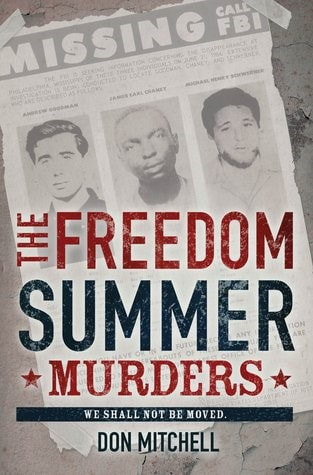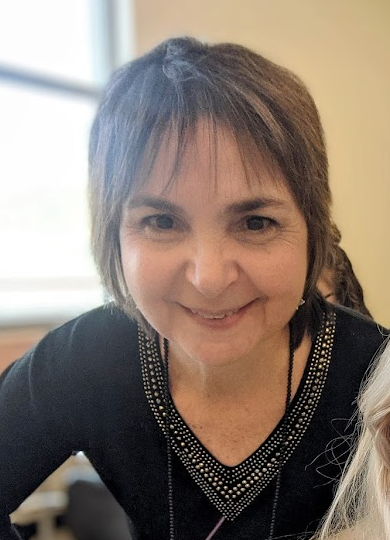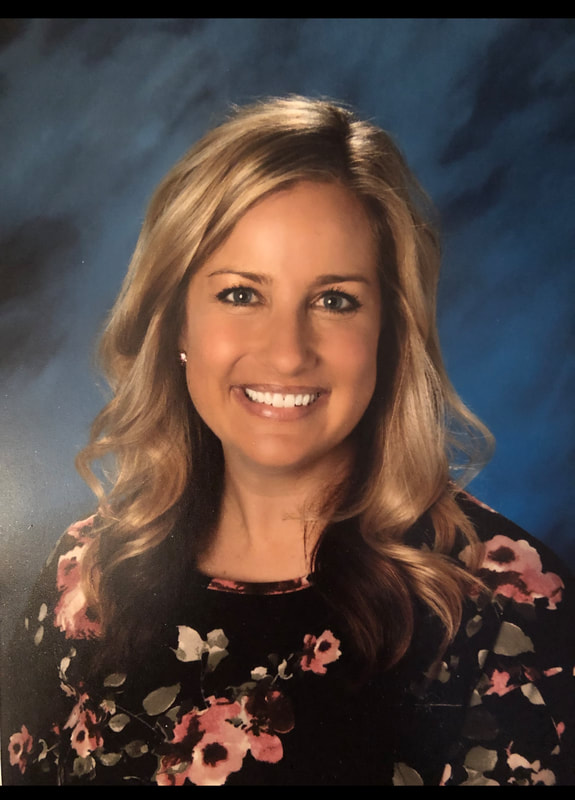Weekend Picks May 20, 2022
Looking for something to read?
Check out our weekly suggestions!
Are your students looking for book recommendations?
Send them to browse through the picks for this or past years.
For the picks from 2021 click here
For the picks from 2020 click here.
For older picks click from 2019 click here.
For the even older picks click here.
Check out our weekly suggestions!
Are your students looking for book recommendations?
Send them to browse through the picks for this or past years.
For the picks from 2021 click here
For the picks from 2020 click here.
For older picks click from 2019 click here.
For the even older picks click here.

What can we talk about in school?
Being gay?
Being Black?
Being Jewish?
Or perhaps, just being different?
And how kids – often needing to feel superior – ostracize kids who they believe are different too.
This is not a new story – and sadly, will continue as long kids gather in groups and look for someone to ‘pick on…”
Just for ‘fun’….
But, often, what starts as ‘innocent fun’ in school or on the playground – morphs into deadly consequences later in life.
And such is the story retold in Freedom Summer by Don Mitchell
I choose this book – not new, not recent, but certainly, timely – in light of the recent mass shooting at a supermarket in Buffalo, New York – where a white supremacist 18-year-old – bought a firearm – legally – and proceeded to mass murder ten individuals – mostly African Americans – who were simply living their lives on an ordinary Spring day.
Once again, we remember – Charlottesville, Virginia – Charleston, South Carolina, - and Pittsburgh, Pennsylvania – all sites of mass shootings – all sites where the gunmen was motivated by hate – and the victims were singled out for their race, creed, color – and for being ‘different’.
With that in mind, it is time for teachers to share with their students - the true story of murder and the fight for civil rights and social justice in 1960s Mississippi. For there, on June 21, 1964, three young men – two white, one black - were murdered by the Ku Klux Klan for trying to help black Americans vote as part of the 1964 Freedom Summer registration effort in the South.
Sound familiar?
There – three young men – James Chaney, Andrew Goodman, and Michael Schwerner – were murdered in cold blood – on a summer trip to register Mississippi voters – and their murderers - or rather murderer - was not convicted until forty-one years later. Told in crisp, clear and accessible language, this straightforward non-fiction account of this inspiring, yet horrifying tale of idealistic and courageous young people who wanted to change their country for the better – is a book that can be read in sections – or in its entirety – providing young readers – with a glimpse of an event that not only was one of the most significant events of the civil rights movement – but resonates just as soundly and profoundly today – as it did when it first occurred – nearly 60 years ago.
The murder of these three young men gained intense national attention and led to decades of investigations and newspaper accounts. Distilling court records, printed sources, and original interviews with surviving family members, the author, Don Mitchell, sets the ugly scene, recounting in detail the ensuing efforts to bring the killers to justice (or at least, as he puts it, "a measure of justice"), and offers biographical sketches of the victims and of four associated heroes who played important roles in the case.
For not until January 6, 2005, did a Mississippi Neshoba County grand jury indict one Edgar Ray Killen on three counts of murder. When the Mississippi Attorney General prosecuted the case, it was the first time the state acted against the perpetrators of the murders. Rita Bender, Michael Schwerner's widow, testified in the trial. On June 21, 2005, a jury convicted Killen on three counts of manslaughter; he was described as the man who planned and directed the killing of the civil rights workers. Killen, then 80 years old, was sentenced to three consecutive terms of 20 years in prison. His appeal, in which he claimed that no jury of his peers would have convicted him in 1964 based on the evidence presented, was rejected by the Mississippi Supreme Court.
On June 20, 2016, both the Mississippi Attorney General and a top prosecutor for the Civil Rights Division of the U.S. Justice, announced that there would be no further investigation into the murders. "The evidence has been degraded by memory over time, and so there are no individuals that are living now that we can make a case on at this point,” said the Mississippi Attorney General.
Complete with photos, endnotes and a bibliography, this smart piece of historical nonfiction should grace the shelf of any teacher – of every discipline – for easy reference – as a poignant reminder of what matters most in our lives – no matter the era, no matter the social milieu….
That every life matters
That every vote counts
And that the dignity and courage of one individual – can change the world – in matters large and small.
Young people should know – that the cruelty and brutality and killings – that they see today – in real time – is sadly, nothing new.
That inhumanity – no matter how ugly, how cruel, and how unfathomable – has always been real to life in America – and to understand its root causes, historical events – such as the fight for civil rights in the summer of 1964 in Mississippi – need revisiting and retelling.
And that hope – however, fragile – still endures.
This is a good read. I urge you to share with your students.
Jeffrey S. Kaplan, PhD
Associate Professor Emeritus
School of Teacher Education
College of Community Innovation & Education
University of Central Florida
Orlando, Florida
[email protected]
Being gay?
Being Black?
Being Jewish?
Or perhaps, just being different?
And how kids – often needing to feel superior – ostracize kids who they believe are different too.
This is not a new story – and sadly, will continue as long kids gather in groups and look for someone to ‘pick on…”
Just for ‘fun’….
But, often, what starts as ‘innocent fun’ in school or on the playground – morphs into deadly consequences later in life.
And such is the story retold in Freedom Summer by Don Mitchell
I choose this book – not new, not recent, but certainly, timely – in light of the recent mass shooting at a supermarket in Buffalo, New York – where a white supremacist 18-year-old – bought a firearm – legally – and proceeded to mass murder ten individuals – mostly African Americans – who were simply living their lives on an ordinary Spring day.
Once again, we remember – Charlottesville, Virginia – Charleston, South Carolina, - and Pittsburgh, Pennsylvania – all sites of mass shootings – all sites where the gunmen was motivated by hate – and the victims were singled out for their race, creed, color – and for being ‘different’.
With that in mind, it is time for teachers to share with their students - the true story of murder and the fight for civil rights and social justice in 1960s Mississippi. For there, on June 21, 1964, three young men – two white, one black - were murdered by the Ku Klux Klan for trying to help black Americans vote as part of the 1964 Freedom Summer registration effort in the South.
Sound familiar?
There – three young men – James Chaney, Andrew Goodman, and Michael Schwerner – were murdered in cold blood – on a summer trip to register Mississippi voters – and their murderers - or rather murderer - was not convicted until forty-one years later. Told in crisp, clear and accessible language, this straightforward non-fiction account of this inspiring, yet horrifying tale of idealistic and courageous young people who wanted to change their country for the better – is a book that can be read in sections – or in its entirety – providing young readers – with a glimpse of an event that not only was one of the most significant events of the civil rights movement – but resonates just as soundly and profoundly today – as it did when it first occurred – nearly 60 years ago.
The murder of these three young men gained intense national attention and led to decades of investigations and newspaper accounts. Distilling court records, printed sources, and original interviews with surviving family members, the author, Don Mitchell, sets the ugly scene, recounting in detail the ensuing efforts to bring the killers to justice (or at least, as he puts it, "a measure of justice"), and offers biographical sketches of the victims and of four associated heroes who played important roles in the case.
For not until January 6, 2005, did a Mississippi Neshoba County grand jury indict one Edgar Ray Killen on three counts of murder. When the Mississippi Attorney General prosecuted the case, it was the first time the state acted against the perpetrators of the murders. Rita Bender, Michael Schwerner's widow, testified in the trial. On June 21, 2005, a jury convicted Killen on three counts of manslaughter; he was described as the man who planned and directed the killing of the civil rights workers. Killen, then 80 years old, was sentenced to three consecutive terms of 20 years in prison. His appeal, in which he claimed that no jury of his peers would have convicted him in 1964 based on the evidence presented, was rejected by the Mississippi Supreme Court.
On June 20, 2016, both the Mississippi Attorney General and a top prosecutor for the Civil Rights Division of the U.S. Justice, announced that there would be no further investigation into the murders. "The evidence has been degraded by memory over time, and so there are no individuals that are living now that we can make a case on at this point,” said the Mississippi Attorney General.
Complete with photos, endnotes and a bibliography, this smart piece of historical nonfiction should grace the shelf of any teacher – of every discipline – for easy reference – as a poignant reminder of what matters most in our lives – no matter the era, no matter the social milieu….
That every life matters
That every vote counts
And that the dignity and courage of one individual – can change the world – in matters large and small.
Young people should know – that the cruelty and brutality and killings – that they see today – in real time – is sadly, nothing new.
That inhumanity – no matter how ugly, how cruel, and how unfathomable – has always been real to life in America – and to understand its root causes, historical events – such as the fight for civil rights in the summer of 1964 in Mississippi – need revisiting and retelling.
And that hope – however, fragile – still endures.
This is a good read. I urge you to share with your students.
Jeffrey S. Kaplan, PhD
Associate Professor Emeritus
School of Teacher Education
College of Community Innovation & Education
University of Central Florida
Orlando, Florida
[email protected]




 RSS Feed
RSS Feed